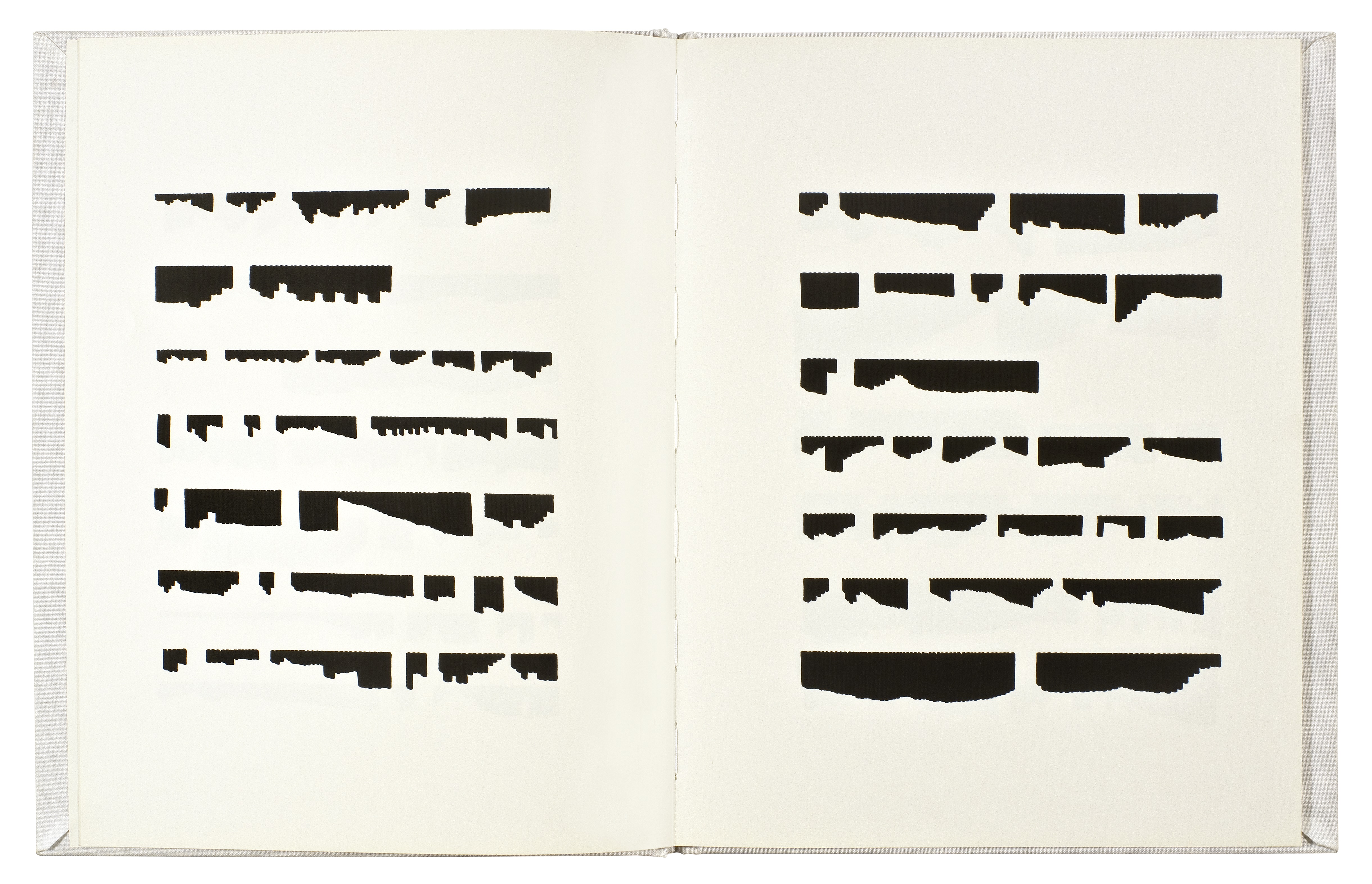“Los herexiarcas de la lengua”. 1892: Ricardo Palma y su controversia con la Real Academia Española
Resumen
En el año 1892, Ricardo Palma asiste a las festividades que, debido a las conmemoraciones del IV Centenario del Descubrimiento de América, se realizarían en ciudades españolas. El escritor peruano no pierde la ocasión de asistir a diferentes reuniones de la RAE con el objetivo de solicitar la inclusión en el Diccionario, de voces de gran difusión en América que el Léxico no había incorporado. Su propuesta es rechazada casi por completo. Sin embargo, Palma continuó su reflexión en torno a los hechos del lenguaje, y prolongó su interés por recopilar neologismos. Esa tarea de coleccionista se encuentra concretada en sus dos libros lexicográficos -Neologismos y americanismos (1896) y Papeletas lexicográficas (1903)- y resulta relevante tanto dentro de su obra, como de diferentes batallas por el idioma que tuvieron lugar en América Latina.
Postulamos que la censura de la Academia para admitir las voces propuestas por Palma se vincula con la idea de Beatriz González Stephan de la existencia de “escrituras disciplinares” plasmadas en libros que, como los diccionarios, establecen reglas de homogeneización que intentan evitar la disgregación del idioma y, por lo tanto y en este caso, mitigar el temor de la ruptura de la unidad del mundo hispánico, unidad establecida, precisamente, por el idioma común.
Abstract
In 1892, Ricardo Palma attends the festivities that, due to the commemorations of the IV Centenary of the Discovery of America, would take place in various Spanish cities. The Peruvian writer does not miss the opportunity to attend different meetings of the RAE with the aim of requesting the inclusion in the Dictionary of widely disseminated voices in America that this work had not incorporated. His proposal is almost completely rejected. However, Palma continued his reflection on the facts of language, and kept up his interest in compiling neologisms. This collector's task is specified in his two lexicographical books –Neologismos y americanismos (1896) and Papeletas lexicográficas (1903)– and it is relevant both within his work, as well as in different battles for the language that took place in Latin America.
The purpose of the work, consequently, is to present the dissent that Palma expresses with respect to the position of the Academy and the position that the Peruvian traditionist assumes in these disputes. On the one hand, manifestation of a place of authority regarding the knowledge of “American Spanish”. Secondly, we postulate that the Academy's censorship to admit the voices proposed by Palma is linked to Beatriz González Stephan's idea of the existence of "disciplinary writings" embodied in books that, like dictionaries, establish homogenization rules that try to avoid the disintegration of the language and, therefore, and in this case, mitigate the fear of the breakdown of the unity of the Hispanic world, a unity established precisely by the common language.
PDF - Artículo descargado = 214 veces
HTML - Artículo descargado = 35 veces
Descargas

Derechos de autor 2021 Martín Sozzi

Esta obra está bajo licencia internacional Creative Commons Reconocimiento-NoComercial-CompartirIgual 4.0.
Los autores que publiquen en esta revista aceptan las siguientes condiciones: 1) los autores conservan los derechos de autor y ceden a la revista el derecho de la primera publicación, con el trabajo registrado con Licencia Creative Commons Atribución–No Comercial–Compartir Igual 4.0 Internacional, que permite a terceros utilizar lo publicado siempre que mencionen la autoría del trabajo y la primera publicación en esta revista; 2) los autores pueden realizar otros acuerdos contractuales independientes y adicionales para la distribución no exclusiva de la versión del artículo publicado en esta revista (p. ej., incluirlo en un repositorio institucional o publicarlo en un libro) siempre que indiquen claramente que el trabajo se publicó por primera vez en esta revista; pero no se permite un uso comercial de la obra original ni de las posibles obras derivadas, la distribución de las cuales se debe hacer con una licencia igual a la que regula la obra original. 3) se permite y recomienda a los autores a publicar su trabajo en Internet (por ejemplo en páginas institucionales o personales).




